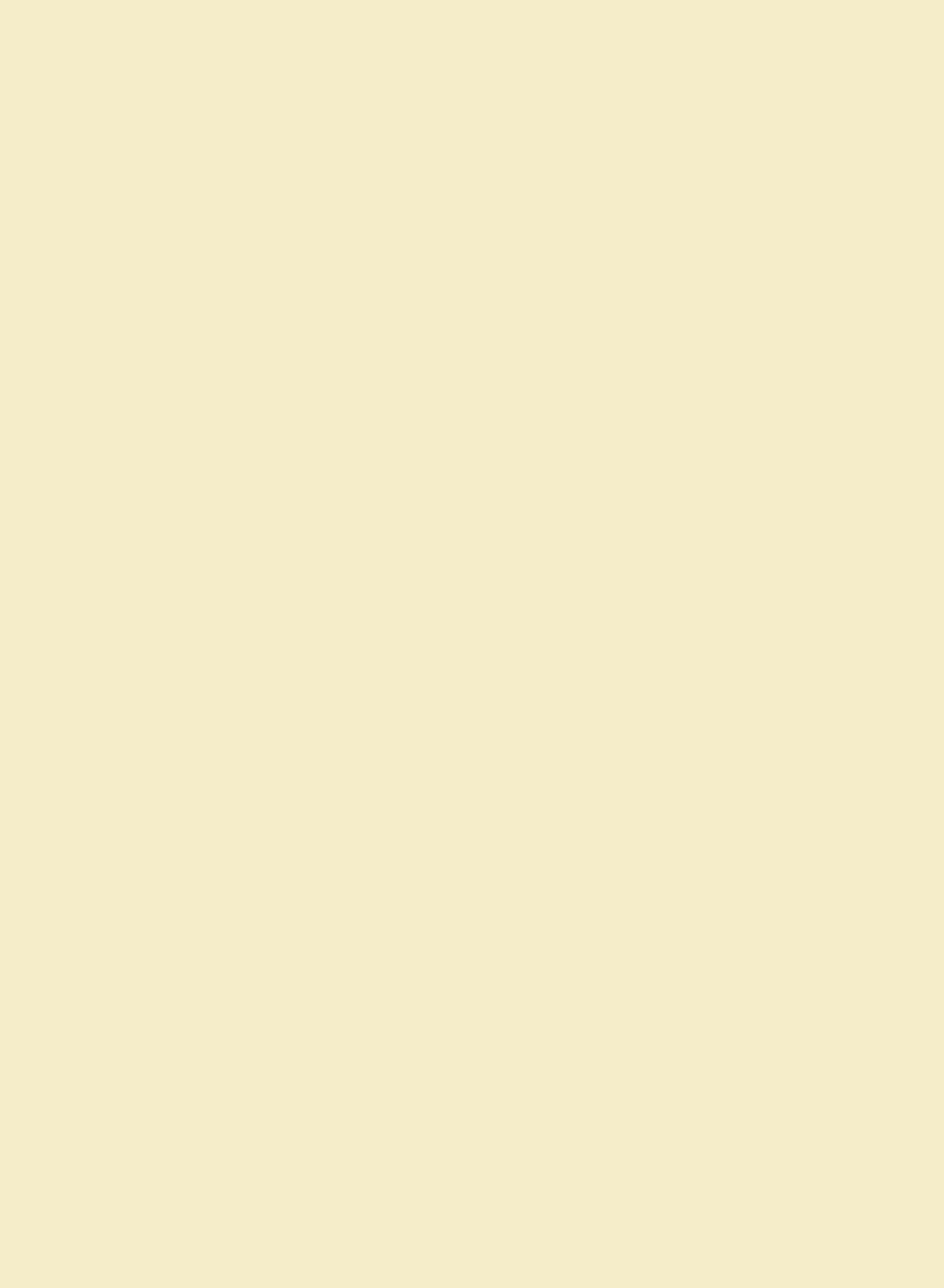
Upper secondary education is a three-year course as a fundamental stage for the students who will
proceed on to higher education. It also aims to prepare students to meet the labor market and to promote
their entrepreneurship skills. There are two streams; vocational stream provides in vocational and technical
colleges for the students who are good at skills while academic stream is offered in general education schools
for the students who are academically-talented.
Higher level is a post-secondary education which is divided into three levels: diploma, under
graduate and graduate levels.
The provision of formal education is flexible, depending on the different ability groups, school
location and the nation
’
s needs. There is vocational training for the students who are good at skills and who
want to meet the labor market. Teacher training is for those who are interested in teaching. Special
education is provided for the people who are disabled and difficult in learning. Welfare education is for the
poor and remote rural students. Purposive education is offered based on the schools’ potential and the
nation’s needs such as nursing, military and police cadet and transport and telecommunication as well.
In
1999
the educational system was based on the National Education Act of B.E.
2542 (1999).
All
individuals shall have equal rights to receive basic education provided by the State for the duration of at least
12
years, free of charge. Compulsory education shall be for nine years, (grade
1
- grade
9
) formerly it was
at least
6
years.
In this Act there shall be three types of education: formal education, non-formal education and
informal education.
Formal education is divided into two levels:
1.
Basic education consists of
12
years of education before higher education.
2.
Higher education is divided into two levels: lower than-degree level and degree level.
In
1969,
the Private College Act B.E.
2512 (1969)
was enacted for social suitability so that the
private sector can establish the institutes for higher education. Later, as a result of the revision on the Private
College Law, the Private College Act B.E.
2522 (1979)
was enacted as well as this Act B.E.
2535 (1992)
(particularly in some articles). As for present situation suitability the Private College Act B.E.
2546 (2003)
has been promulgated. Meanwhile, the Private Higher Education Act B.E.
2522 (1979)
and the Private
Higher Education Act
(
Section
2)
B.E.
2535 (1992)
were cancelled. According to this Act, the Private
Higher Education Institutes are still divided into
3
types, namely universities, institutes and colleges.
Statistics on higher education were obtained from Commission on Higher Education, that
presented statistics data on student enrollments, graduates and teachers, etc., but excluded the
Chulachomklao Royal Military Academy, Royal Navy Academy, Royal Airforce Academy, Police Academy
and Asian Institute of Technology.


